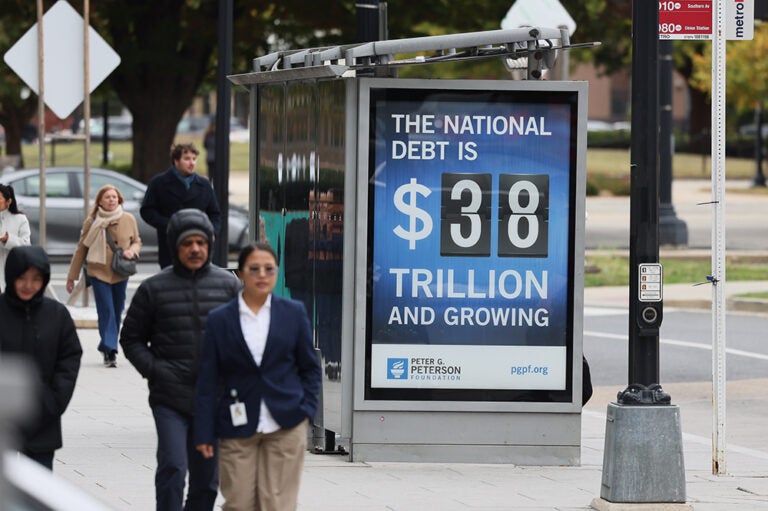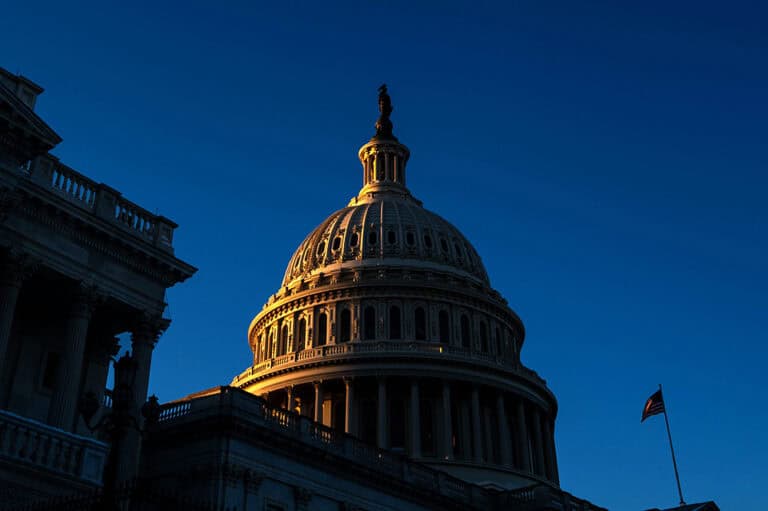President Biden, speaking from the White House today, highlighted deficit reduction as a key way to relieve inflationary pressure and put our nation on a more sustainable economic path. Biden touted the fact that the deficit decreased by $350 billion last year, and is on track to come down an additional $1.5 trillion this year, which would be the largest year-over-year deficit reduction in history.
That significant reduction is a positive development, but it is primarily due to the expiration of spending programs to fight and recover from the pandemic, rather than forward looking fiscal reforms to address structural deficits in the years ahead.
Biden noted that this quarter, there will be a temporary reduction in debt held by the public — the first time in six years. He also emphasized that deficit reduction can help fight high inflation:
“We also learned that for the first time since 2016, the Treasury Department is planning to pay down the national debt issued to the public this quarter. . . . And why is it important? Because bringing down the deficit is one way to ease inflationary pressures.”
In March, U.S. inflation rose at the fastest pace in 40 years, and the consumer price index jumped, driven by the higher cost of gasoline, food, and housing.
During President Biden’s first year in office, the federal deficit dropped by $350 billion from the previous year — but that decline came on the heels of over $5 trillion in spending to help combat the global pandemic and its economic fallout.
“Looking ahead, I have a plan to reduce the deficit even more, which will help reduce inflationary pressures and lower everyone's costs for families,” Biden said, emphasizing proposals to reform corporate taxes, institute a wealth tax, and allow Medicare to negotiate prescription drug prices.
While it is a positive sign to see our nation’s leaders shine a spotlight on deficit reduction, we still have a long way to go to put our nation on a more sustainable path. Even as deficits have improved significantly from the highs of the pandemic, we are projected to have deficits exceeding $1 trillion dollars every year going forward, and our overall debt is on pace to reach historic highs as a share of our economy. Truly addressing our debt challenge will require addressing the fundamental imbalance between spending and revenues that will continue to expand in the years ahead.
Image credit: Julie Bennett / Stringer / Getty Images
Further Reading
What Is the National Debt Costing Us?
Programs that millions of Americans depend on and care about may be feeling a squeeze from interest costs on our high and rising national debt.
Interest Costs on the National Debt Are Reaching All-Time Highs
The most recent CBO projections confirm once again that America’s fiscal outlook is on an unsustainable path — increasingly driven by higher interest costs.
New Report: National Debt Outlook Gets Worse as Interest Costs Exceed $1 Trillion Annually
A new CBO report shows that the national debt outlook worsened from last year’s projections.


